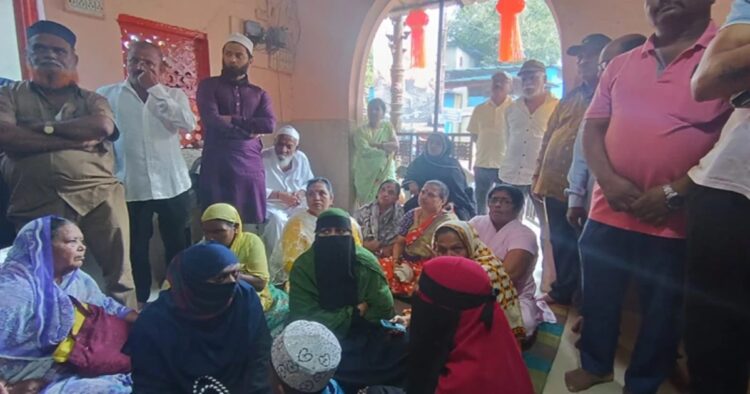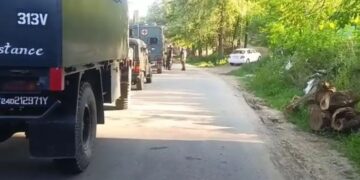A protracted legal battle over land ownership involving the Waqf Board has left 135 families—Hindus and Muslims alike—homeless in the Kasba Peth area of Pune, Maharashtra. The colony, known as the Punyeshwar Co-operative Housing Society in Kumbharwada, was demolished in 2016 for a slum redevelopment project that has since been stalled due to claims made by a local resident on behalf of the Waqf Board.
The redevelopment was intended to provide better living conditions for families who had resided on the land since the 1960s. However, the project ground to a halt when a man, citing the presence of a nearby dargah, claimed the land belonged to the Waqf Board. This claim has effectively paralyzed any progress on the redevelopment project, leaving families in limbo for nearly eight years.
In the interim, rents were paid to the displaced families. However, the optimism was short-lived. Shortly after the land was cleared, a local Muslim man filed a claim, arguing that the land belonged to the Waqf Board due to its proximity to a small dargah. This unexpected move halted redevelopment, leaving the land vacant and the families stranded. Today, the promises of a better life lie buried under the debris of their demolished homes. Mohammed. Anif Shaikh, a 45-year-old auto-rickshaw driver who grew up in the colony, lamented:
“I was born here. My entire life has been in this place. They tore down our homes and assured us we’d return to something better. But now, they tell us this land belongs to the Waqf Board. All we want is our land back.”
The claim hinges on the Waqf Act, which governs properties designated for religious or charitable purposes in Islam. According to the law, land can be considered Waqf property if:
It was donated in the name of Allah. It has been historically associated with a Muslim institution or practice. It was legally transferred to the Waqf Board. In this case, the presence of a small dargah near the colony became the focal point. The claimant argued that the land was Waqf property and sought to construct a vajukhana (ablution area) on a 100-square-foot portion of it.
Residents, however, refute the claim, arguing that the dargah is far from their land and has coexisted peacefully with the community for decades.

















Comments